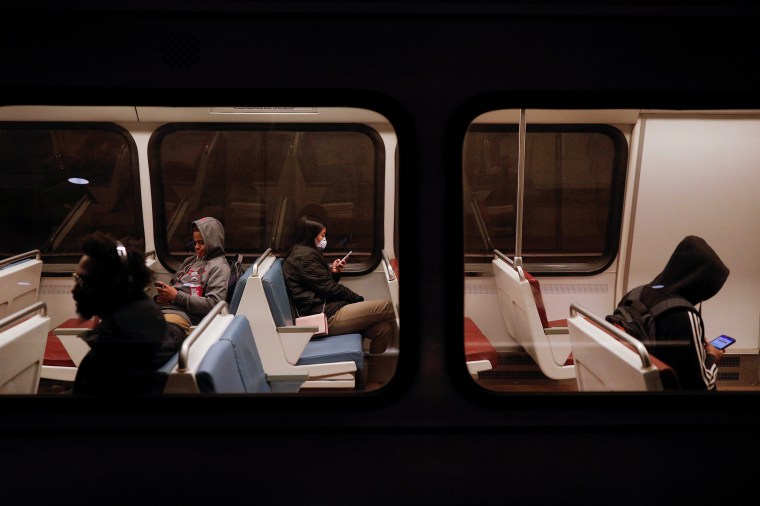When tech experts proposed building smartphone apps to try to track the spread of the coronavirus, there was some skepticism: Would people who live in privacy-focused democracies really want to download these apps?
On Monday, Australia provided the beginning of an answer, as more than 2 million people there downloaded a government-sponsored app to try to assist authorities with contact tracing — a sizable dent in a country of 25 million people. The app became available only Sunday night.
“Well done Australia,” Australian Prime Minister Scott Morrison said in a congratulatory tweet, before warning that “we’ve still got more to do.”
And in Europe, which has often squared off against big tech companies over privacy concerns, many countries are falling in line with recommendations from Apple and Google for how to run tracing apps.
Full coverage of the coronavirus outbreak
With the U.S., U.K. and Europe beginning to make plans to ease lockdowns, smartphone contact-tracing apps that were theoretical just a few weeks ago now appear close to a reality. The surge of interest shows that smartphone-based virus tracking has moved from the realm of “if it happens” to “when it happens,” becoming an increasingly accepted part of a larger strategy to try to return to something close to normal life.
Apple and Google threw their weight behind the planning this month, saying they would build out the technology that governments could use to deploy their own apps. And now other governments besides Australia’s, including Germany and several other European countries, have taken up the task.
The idea behind apps, such as Australia’s COVIDSafe, is to send people notifications on their phones if they’ve recently spent significant time near someone who later tests positive for the virus.
Combined with widespread testing and old-fashioned, human-conducted interviews with people who test positive, tracing apps may be able to limit the transmission of the virus, in the hope of health authorities and software engineers alike.
Opinion in the U.S. and Europe is coalescing around using Bluetooth as the centerpiece of the apps, employing it to measure proximity to other phones rather than gathering data about location from the cellular network.
Germany said Sunday that it was adopting the model advanced this month by Apple, Google and a Swiss-led team of researchers. The government there hasn’t yet launched an app, but the decision brought authorities one step closer.
Germany had earlier planned to use a different design that would have involved greater centralization of personal data, but changed its mind after experts raised privacy concerns.
“The main epidemiological goal is to recognize and break chains of infection as soon as possible,” German ministers said in a statement reported by Reuters.
A coronavirus-tracing app in India recently became the fastest-ever to reach 50 million users, despite privacy concerns, Bloomberg News reported.
Lawmakers in France are expected to vote this week on a plan to launch a contact-tracing app there, with some security experts concerned that the government’s current plan isn’t valuing privacy enough. Apps are also under development in the U.K., Switzerland and elsewhere.
Contact-tracing apps were already being tried in countries such as Singapore, China and Israel, with mixed success and sometimes with invasive data collection. The systems proposed by a variety of research groups in the U.S. and Europe would try to preserve privacy by using random code generators and keeping any data on the phone, while not sending much information to central servers.
There is some concern that Australia may have moved too quickly, launching its app even before Google and Apple have released the technical toolkits they’re working on.
Download the NBC News app for full coverage of the coronavirus outbreak
“Australia’s #COVIDsafe tracing app doesn’t match the better privacy protections” that Apple, Google and other experts have been working on, Peter Eckersley, an Australia-based researcher who’s been working on related technology, said on Twitter.
Eckersley added, though, that the app could be improved later. And if 50 to 70 percent of Australians agreed to install it, there’s a good chance it would have significant public
health benefits, he said.
Apple and Google expect to release test versions of their toolkits in early May.
In the U.S., federal health authorities haven’t outlined their ideas for how such apps might fit into their planning.
But authorities on the state and local level including California Gov. Gavin Newsom have talked about deploying contact-tracing apps in the weeks ahead as the number of new infections a day becomes more manageable and testing becomes potentially more widespread. Utah, North Dakota and South Dakota have already launched initial versions of tracing apps.
